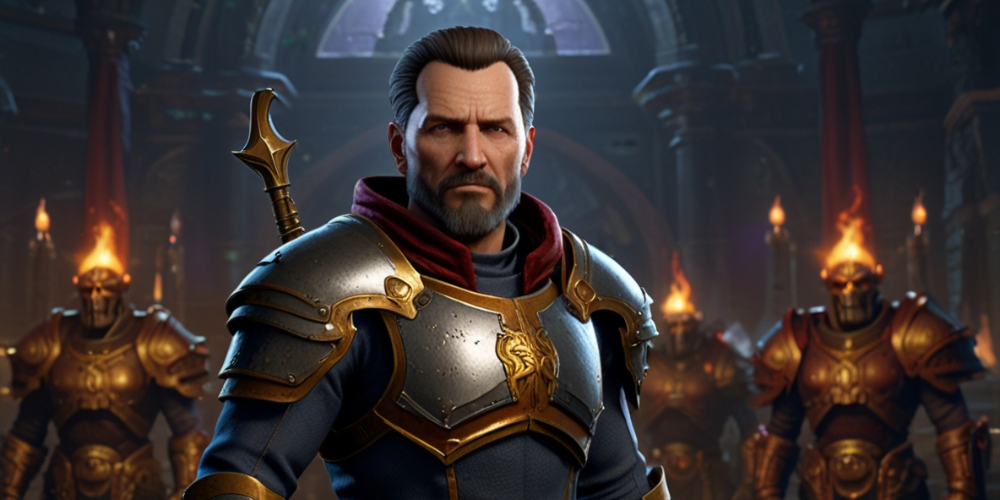The Fork in the Road: Swen Vincke's Journey from RTS to RPG Mastery
Aug-21-2024

At the onset of his career, the director of Baldur's Gate 3 made a significant choice by shifting away from real-time strategy games in favor of role-playing games, just prior to the surge of classic strategy titles like StarCraft, Homeworld, and Age of Empires.
Swen Vincke shared with BAFTA that he made a regrettable decision in the late 1990s by distancing himself from the RTS genre right before it gained massive popularity. When asked about his inspirations for game development, Vincke mentioned the iconic Ultima series, a favorite of his which has significantly influenced the evolution of modern RPGs.
Interestingly, another major influence on him was the 1992 game Dune. Before he launched into the RPG world with Divine Divinity in 2002, Vincke actually created a real-time strategy game named The L.E.D. Wars. Though details about this early title are scarce now, those curious about Vincke's early work can seek out gameplay footage that likely features his voice acting.
Vincke recounted that his initial project was an RTS, but he mistakenly believed the genre lacked appeal and instead opted for the complexities of RPGs. This decision led him to Divine Divinity, the foundation for the success of Divinity: Original Sin, which he describes as a career highlight. Despite his triumph in the realm of CRPGs, it’s important to note that his initial misjudgment about the industry's trajectory during the 90s was significant. This era saw the rise of some of the most acclaimed strategy games, with The L.E.D.
Wars launched in December 1997, shortly after the debut of Age of Empires and Bungie's Myth series. The following year, the first Anno game and StarCraft would be introduced, with Homeworld, the second Command & Conquer, and Age of Empires 2 following in 1999.
Around this time, alternative strategy games like Hearts of Iron and Europa Universalis began gaining traction, while RTS games continued to flourish into the new millennium. While the genre later diversified and has since enjoyed less mainstream acclaim, it was a definitive force during the time Vincke made his pivotal decision. Although hindsight offers clarity, perhaps Vincke's other major inspiration ultimately paved the way for his greatest achievements.
In a related discussion, Vincke also shared his admiration for a character named Morrigan from Dragon Age, adding further insight into why Baldur's Gate 3 features strong, complex female characters.







